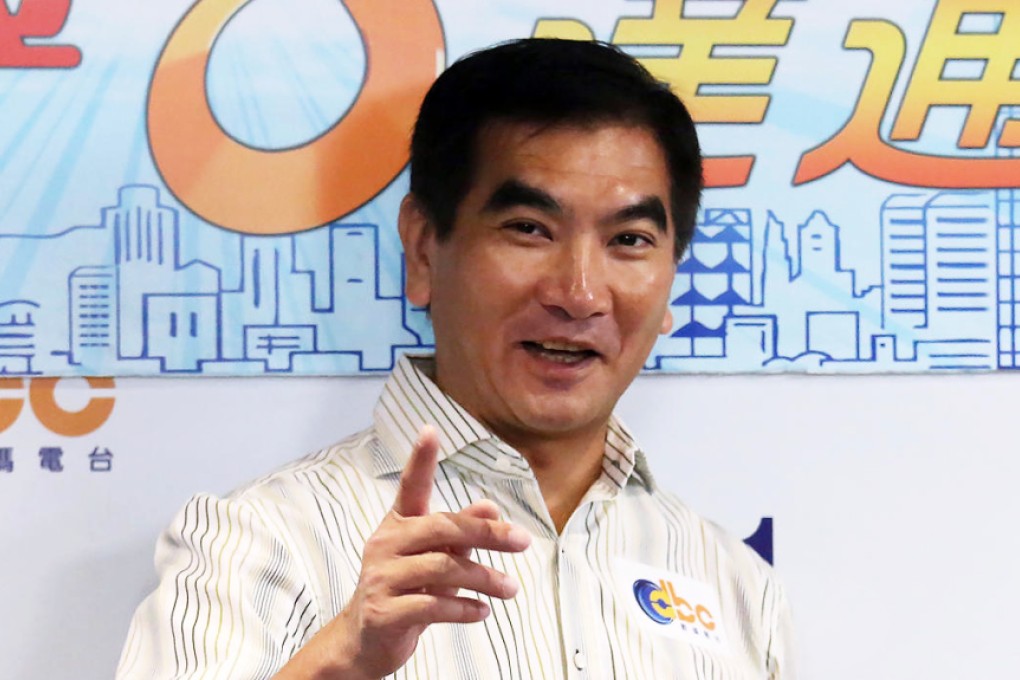Hong Kong's pro-establishment candidates face battle for share of vote in district council elections

With time short before next month's district council elections, Andy Liu Ming-kin is up early to meet residents of Luen Wo Hui in Fanling before their hour-long commutes into the city.
"My battle is a difficult one," he says. And that is no politician's exaggeration.
The Liberal Party hopeful faces an uphill task in one of the seven constituencies citywide contested by more than one candidate from the pro-establishment camp.
Liu faces Tsang Hing-lung of the Democratic Alliance for the Betterment and Progress of Hong Kong (DAB) in a battlefield where Law Sai-yan of the Democratic Party is seeking re-election.
Traditionally the pro-establishment camp has managed to minimise direct competition - sometimes with the help of the liaison office, Beijing's representative in the city - for fear of allowing pan-democrats to benefit. But there are no guarantees.
"Even with coordination, it is impossible to avoid a pro-establishment candidate," Liberal Party chairman Felix Chung Kwok-pan says. "There are only so many seats throughout the district councils."
